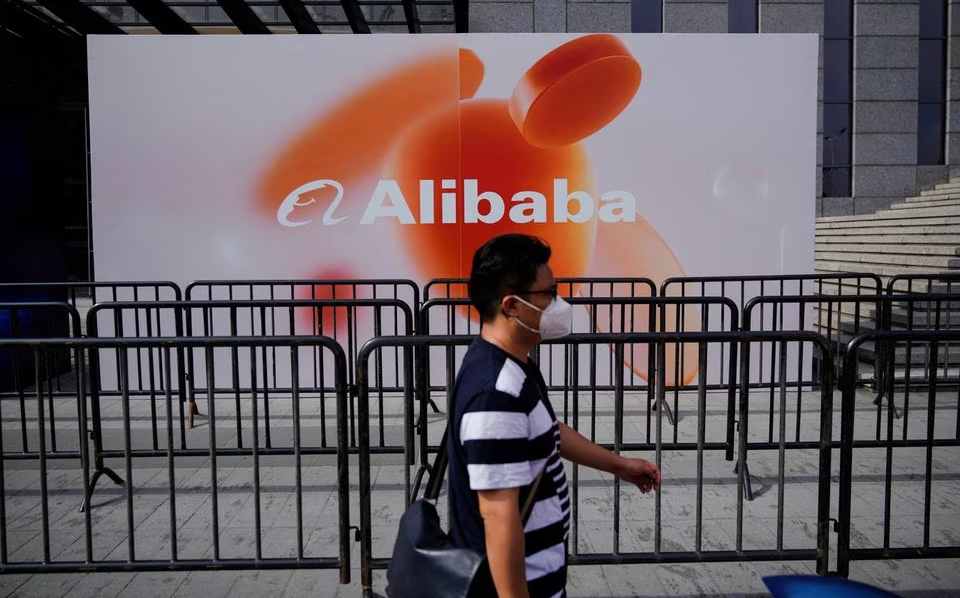Alibaba unveils Tongyi Qianwen 2.0, its new AI model to take on Microsoft and Amazon

Alibaba on Tuesday announced the launch of its latest artificial intelligence (AI) model as the Chinese tech giant looks to compete with U.S. tech rivals including Amazon and Microsoft. Known as Tongyi Qianwen 2.0, the new advanced large language model (LLM) boasts “hundreds of billions of” parameters, solidifying its position as one of the most potent AI models globally.
In addition to Tongyi Qianwen 2. , Alibaba also introduced eight industry-specific AI models tailored for the entertainment, finance, healthcare, and legal sectors.
The news of the launch comes three months after Alibaba unveiled Tongyi Wanxiang, an AI tool designed to create images from text prompts, competing directly with OpenAI’s DALL-E and Midjourney Inc’s Mid Journey.
While an LLM, such as Tongyi Qianwen 2.0, forms the foundation for generative AI applications like OpenAI’s ChatGPT, Alibaba’s release marks the company’s strong commitment to advancing AI technologies, offering multifaceted capabilities from text generation to informative responses. Alibaba called Tongyi Qianwen 2.0 a “substantial upgrade from its predecessor,” which the company first introduced in April.
Unlike Google Bard which experiences hallucinations, Alibaba said in a press release that Tongyi Qianwen 2.0 “demonstrates remarkable capabilities in understanding complex instructions, copywriting, reasoning, memorizing, and preventing hallucinations.” In an AI lingo, Hallucinations refer to when AI presents misinformation and incorrect information.
The timing of Tongyi Qianwen 2.0’s launch is crucial, happening amid a heated competition among tech giants in the AI domain. While Microsoft and Amazon currently lead the pack, Alibaba’s latest model aims to narrow the divide and vie for a leading position in AI technology.
Nonetheless, the debut of Tongyi Qianwen 2.0 stands as a significant milestone for Alibaba and the broader AI industry, promising a future filled with innovative applications stemming from this pioneering model.
Alibaba Cloud underwent a significant restructuring, dividing itself into six major units in March. This move came as China aimed to alleviate the impact of stringent regulatory measures and support its private enterprises. As part of this transformation, Alibaba launched Tongyi Qianwen, a text generator similar to OpenAI’s ChatGPT.
Meanwhile, various prominent Chinese tech companies are actively pursuing the development and release of AI products and services following the success of OpenAI’s ChatGPT. It is projected that generative AI technologies could contribute around $7.3 trillion to the global economy annually.
However, in light of regulatory concerns, tech giants are approaching the rollout of generative AI products with caution, aiming to avoid potential conflicts with authorities. Companies like Alibaba and Baidu have been particularly mindful of how they position their AI tools. For instance, Alibaba has emphasized targeting enterprise customers with its offerings.
This cautious approach by Chinese authorities is in response to the anticipation of generative AI technologies. In January, Beijing implemented unprecedented regulations that govern “deep synthesis technologies,” referring to images and videos altered by AI. Furthermore, in April, regulators released draft rules aimed at managing the development of generative AI products by companies.




